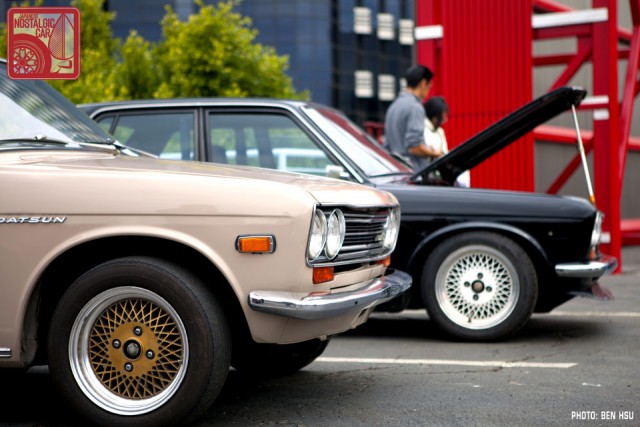
There are many things to hate about Los Angeles, but its car culture isn’t one of them. As the trendsetting capital of the custom automobile, it holds the motorcar in such high regard that there’s a shrine to it located smack dab in the middle of the city. Located at the corner of the famed avenues of Wilshire and Fairfax, the Petersen Museum is featured just as prominently as galleries of art, natural history, and architecture along what’s known as “Museum Row.” And recently, the Petersen hosted its second-ever event dedicated to Japanese cars.





The museum earned its namesake from its founder, publishing baron Robert E. Petersen, who built an empire of magazines that included Motor Trend, Guns & Ammo, Tiger Beat and Sassy. However, the museum was erected to as his monument to the cars he held most dear — and the subject of the magazine that started it all — Hot Rod.
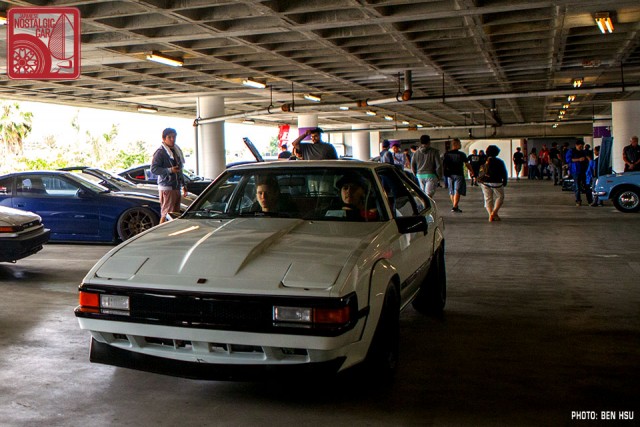
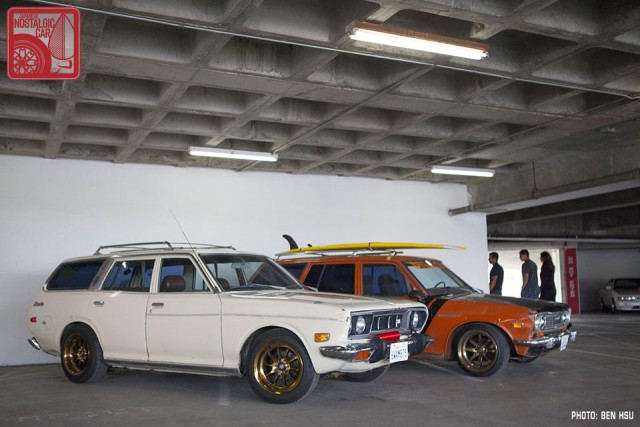
As such, we get the anachronistic mating of the terms “Japanese car” with “Cruise-In,” conjuring images of Toyopet Crowns and rollerskating girls at drive-in diners. For those of you above the age of 40, a cruise-in is what the kids are calling a “meet” or “#hardparking” these days.
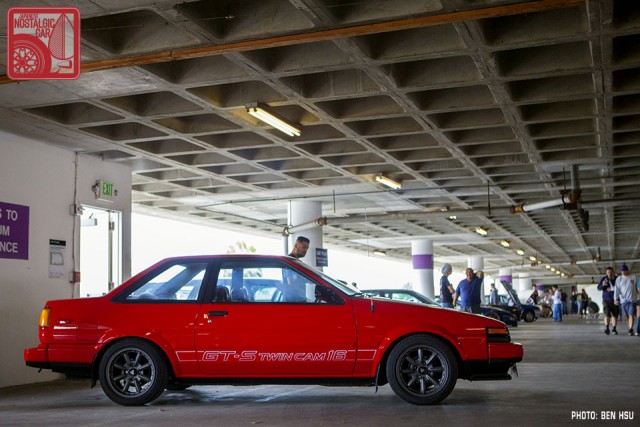
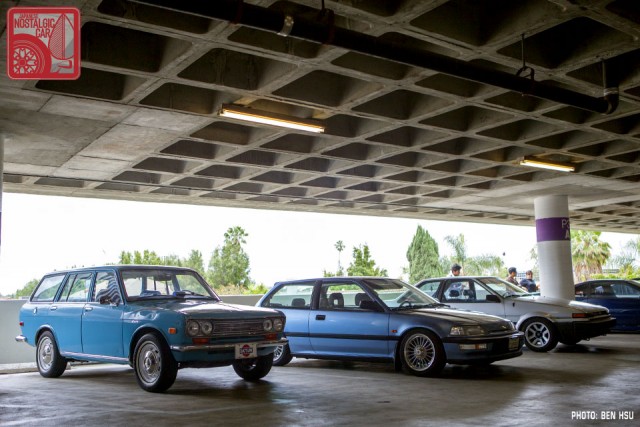
In fact, the whole point of a Japanese car event was to draw a new generation of enthusiasts to the museum. It’s an idea that’s been brewing at the Petersen since at least 2012, and in actuality the venue couldn’t be more appropriate.
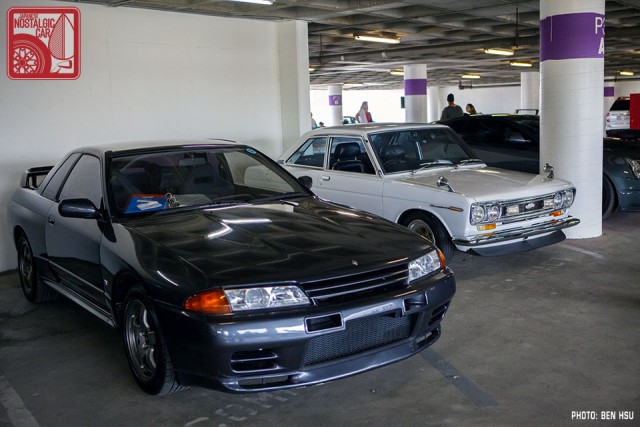
You see, not only is the Petersen Museum located in the heart of Los Angeles, but the city’s temple to the modified car is actually an old Seibu department store. Any travelers who have been to Japan will recognize the massive multi-story, usually train station-adjacent shops.
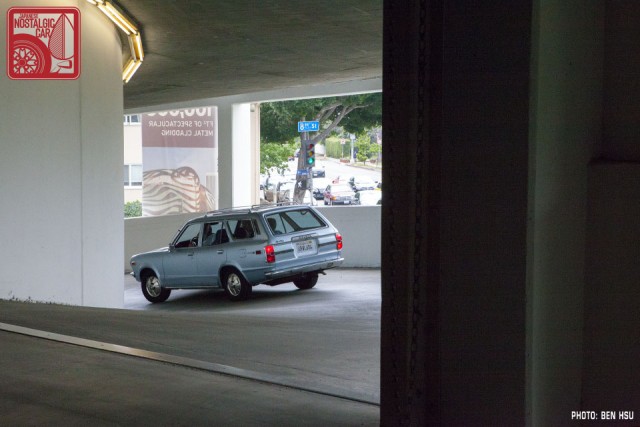
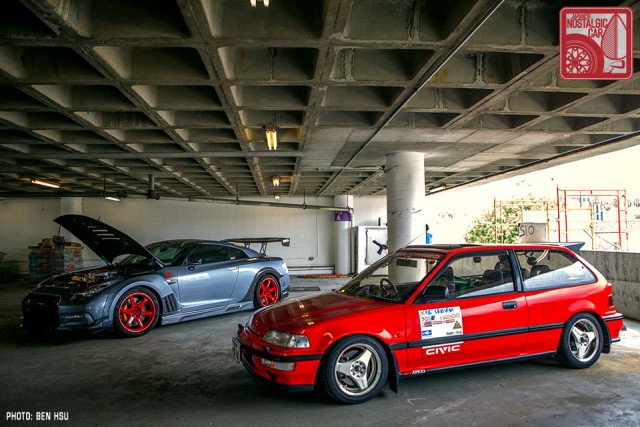
In 1962 Seibu opened a single US store, the first Japanese retail chain to set up shop on the continent. However, despite a much-publicized grand opening that drew 5,000 shoppers on its first day, it closed after two years. Where shelves of Japanese housewares once stood are now several stories of exhibition halls dedicated to America’s love affair with the car.
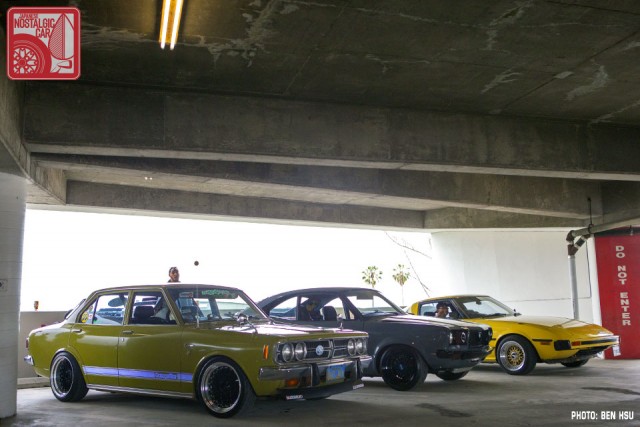
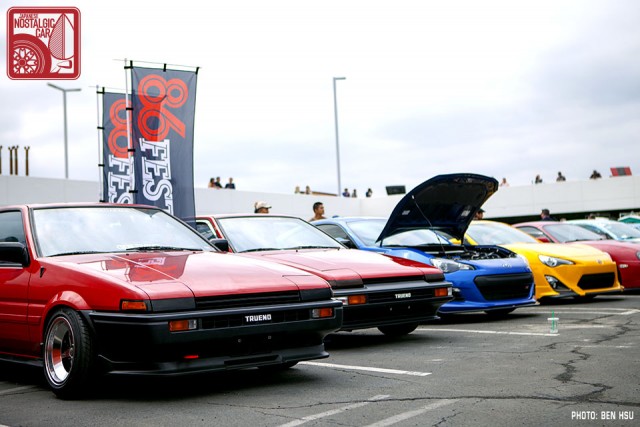
Currently the museum is undergoing a $125 million, 14-month renovation that will increase its square footage by 300,000. Nearly every inch of the exhibition space is undergoing assault by hardhat-clad crews, but the old Hitachi elevators installed by the building’s original owners will stay.
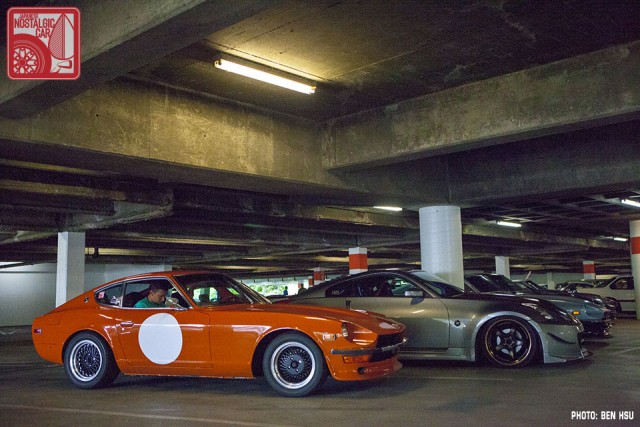
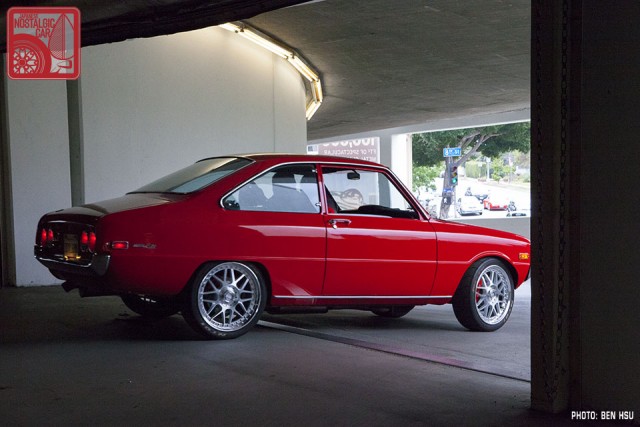
Amazingly, even with its closures the Cruise-In drew 500 cars to the Petersen’s four-story parking structure, its spiraling ramps evocative of Brian Tee’s sustained drifts in Fast & Furious: Tokyo Drift.
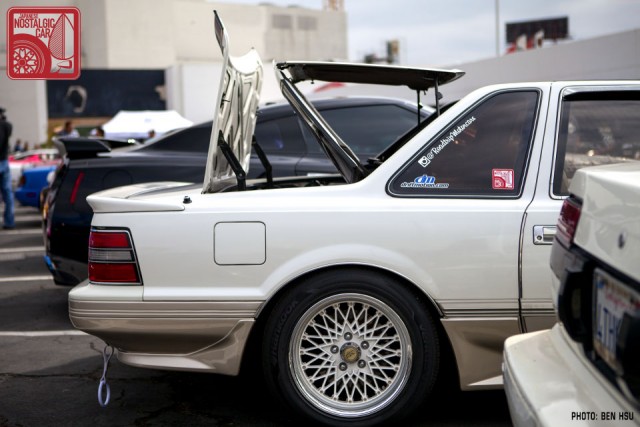
Highlights included an imported Toyota Soarer Aerocabin, a one-of-500 GT that boasted a folding metal roof back in 1989. Look for a JNC feature on this car soon.
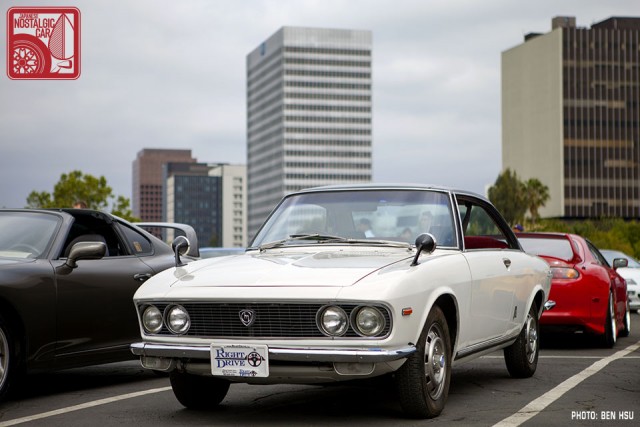
Myron Vernis brought his ultra-rare Mazda R130 Rotary Coupe from Ohio to drive on the JNC Touge California that took place the day before. There probably could not be Japanese cars more different than a 1960s luxury coupe and a Wangan-demolishing JZA80 Supra, but the diversity of SoCal J-tin culture knows no bounds.
We were surprised to notice a JNC inkan on the Supra, but those are indeed getting close to nostalgic status.
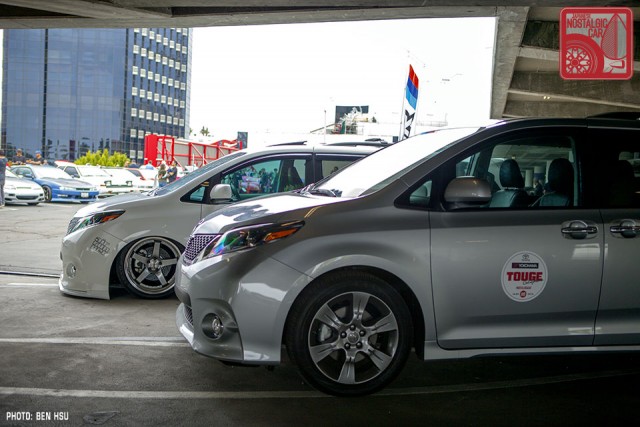
We were still rolling in the official Touge California support vehicle, a Sienna SE courtesy of Toyota USA that handled the mountain roads with aplomb and more. We thought it appropriate to park beside the VanKulture crew.
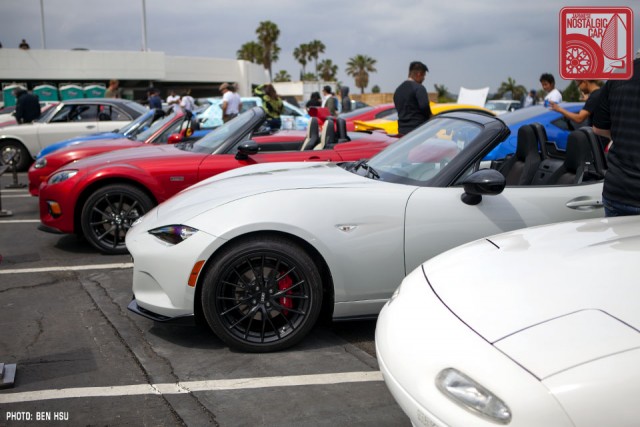
Mazda brought out a fleet of Miatas in preparation for the launch of the ND. We’d seen Soul Red and white before, but this time it was finished in a unique, very light gray hue called Ceramic Metallic. The Japanese name for it is Rainy Sky, and it will thankfully replace the often overused silver in the MX-5 palette.
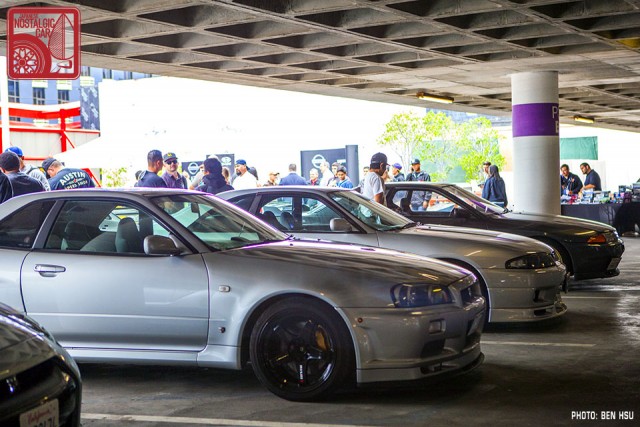
Godizllas of of multiple generations flocked together in convenient chronological order.
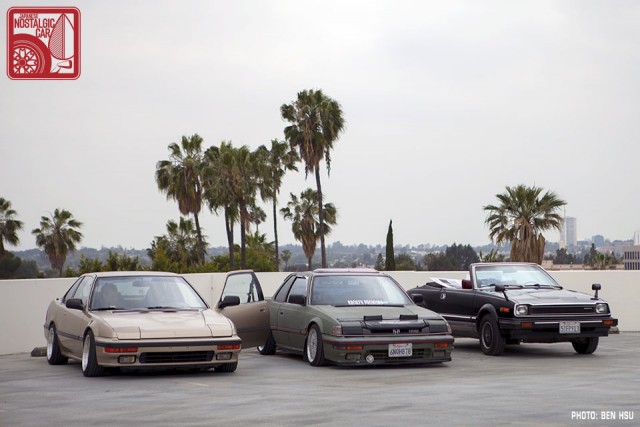
Perhaps an even rarer sight, however, was three generations of Honda Prelude, including a converted droptop, parked together.
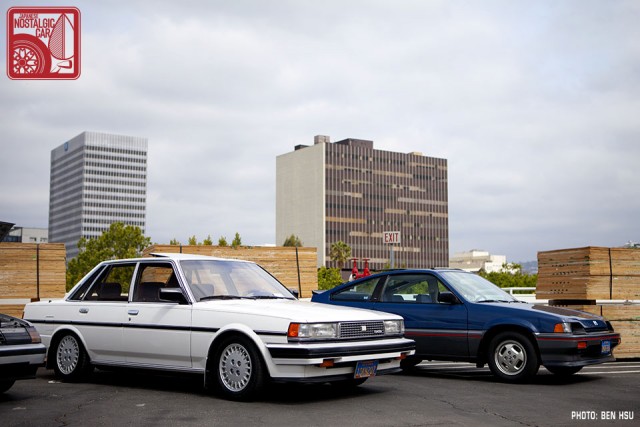
Made in the 80s, loved by the ladies.


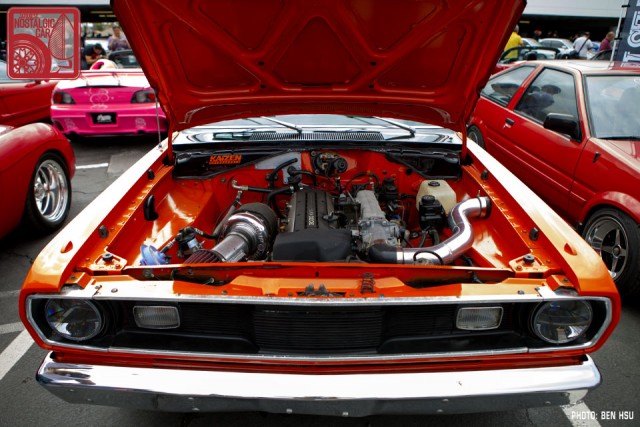
Perhaps most appropriate for a Japanese Cruise-In theme were a pair of traditional American cars powered by Nihon hardware. Kaizen Motorsports brought out a Plymouth Valiant powered by a Toyota 2JZ-GTE, the same engine found in the JZA80 Supra. Meanwhile, the Sportstar street rod was built by Boyd Coddington and contains a Lexus V8 under the hood.
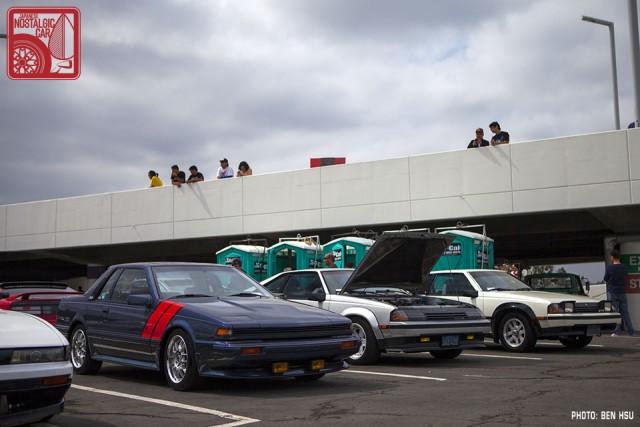
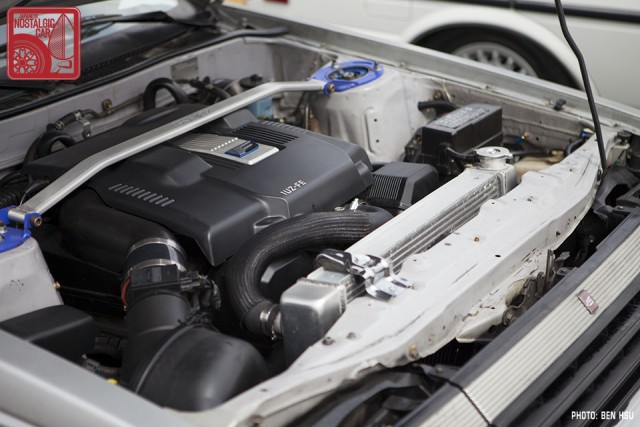
Another Lexus V8 found a home inside an otherwise rather stock-appearing blue-plate A60 Celica gathered among 80s sport coupes. The ultimate sleeper?
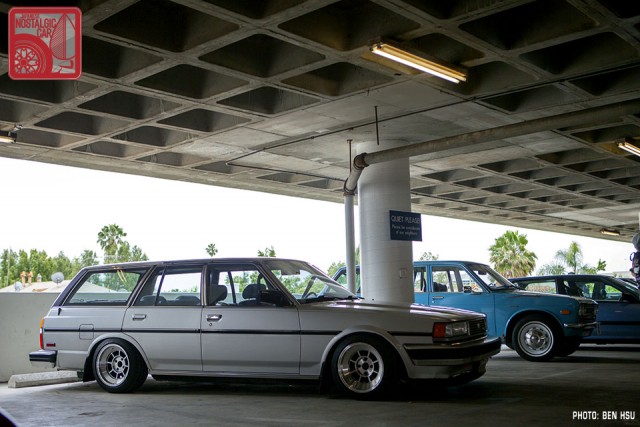
As a fellow aficionado of the Cressida wagon, seeing another is always a delight, especially one so wickedly lowered.
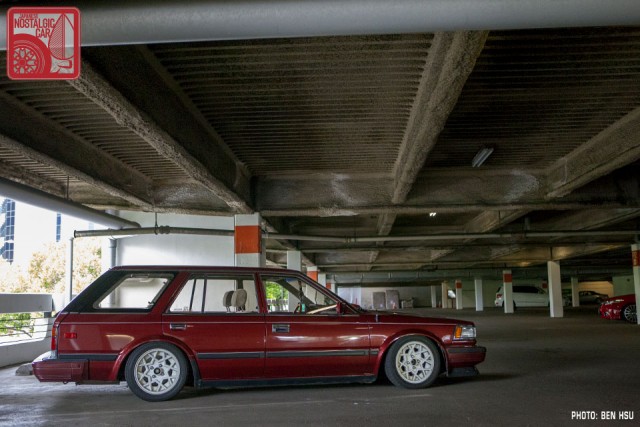
However, far less common is the U11 Maxima wagon, and this one slammed on 280ZX wheels was lurking in the corner of a less traveled area of the Petersen garage.
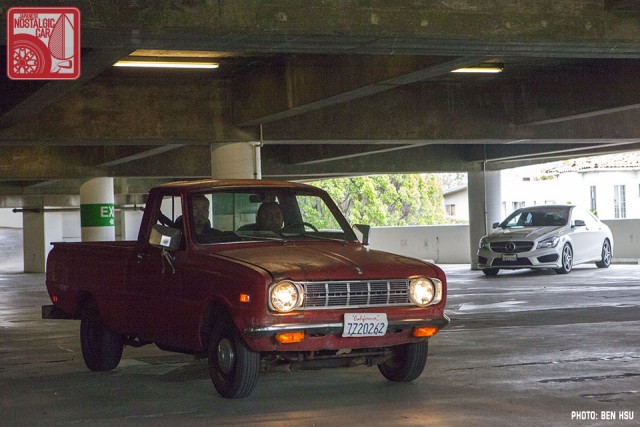
One of the rarest specimens of J-tin was a well-worn Mazda 1200 pickup, with the face of a Familia but a bed out back and a 1.2L four-cylinder underhood. This is the first time we’ve seen one in the States.
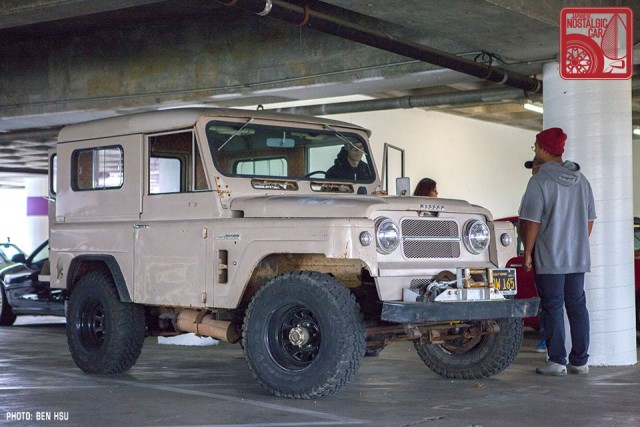
Even a black-plate Nissan Patrol joined the festivities.
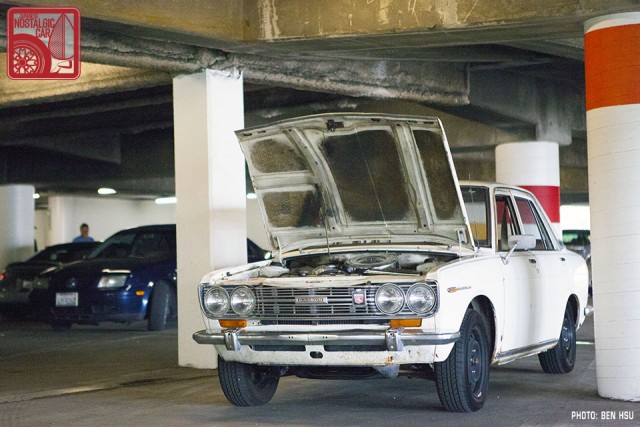
A 1968 Datsun 510 still unmolested stood alone. Being a very rare early model, we hope that the owner takes it through a proper restoration.
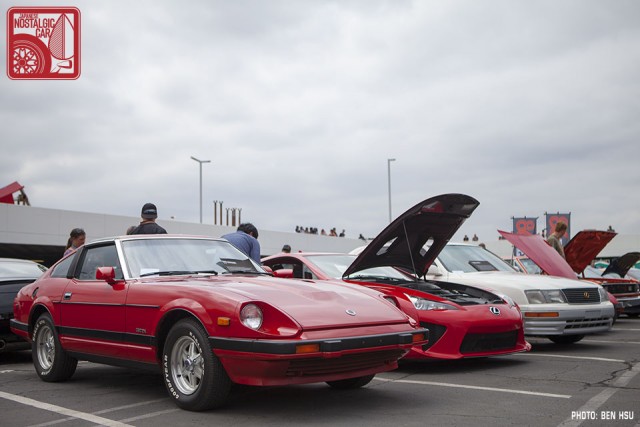
This Datsun 280ZX is owned by the Petersen Museum, the result of a donation. Beside it was a Lexus LFA and Matt Farah’s Million Mile Lexus.
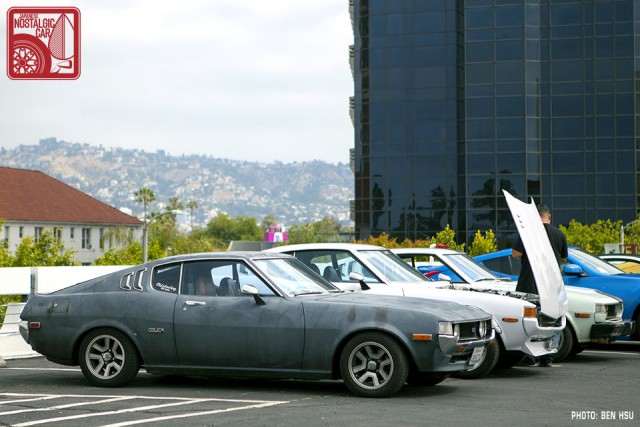
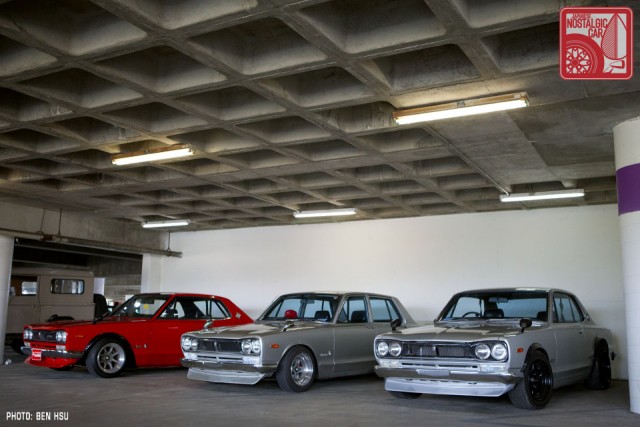
Ten years ago an event like this would have drawn 90 percent Integras and Eclipses. Nowadays you can’t have a Japanese car anything without a slew of 240Zs, Celica Liftbacks or even a Hako or two. The once-forgotten J-tin of the greater Los Angeles area have come out of the woodwork and, at the former Seibu, come home to roost.


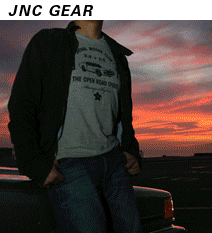
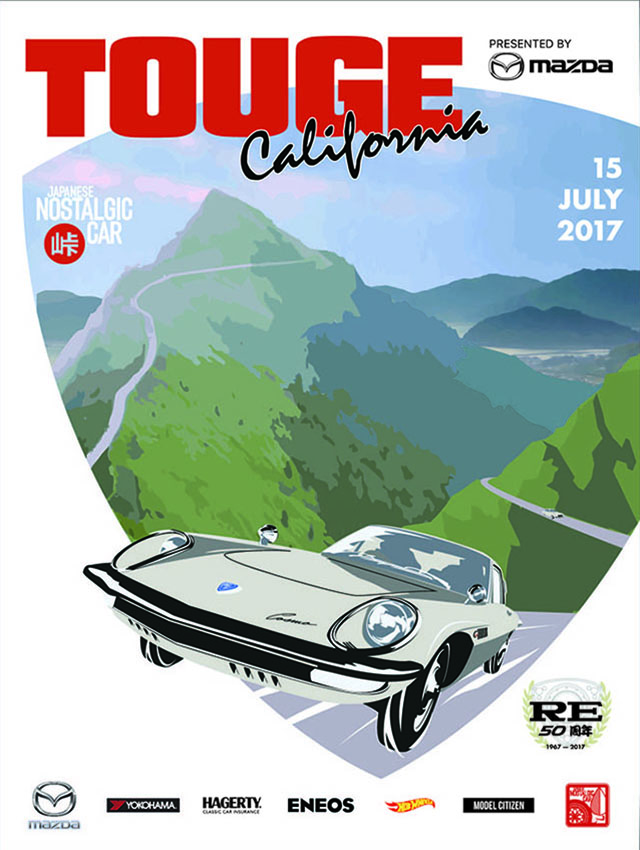
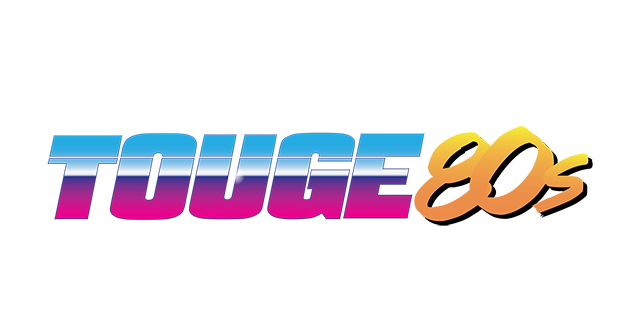
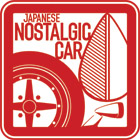
Hey that blue EF Hatch is Jonathan Wong’s from Honda Tuning/Super Street fame! I love that car!
love the nissan s12
Great article! the history of the building was interesting also.
Thanks! I wonder how many people actually read the words…
I happened to read all the words, thank you very much! Although, I can understand criticism, since those of us who can still read full sentences are becoming a rarity!
A lot of photos (specifically those that are hosted on wordpress) are blocked at work for me. I basically read on the computer and pull up the photos on my phone later.
I have to agree with Ryan, I learned a few things from that article as well. It’s like ordering food, you choose with your eyes, but you don’t get the full satisfaction until you taste(read) it. Words are key, otherwise it’s just instagram.
Ha, thanks guys. I’m glad the words aren’t wasted!
I have a Grassroots Motorsports magazine with an article on that Valiant. It’s a very cool and interesting build, that all started with that old sacred saying “Use what you got!”
Ben, thanks for the coverage!
Any chance of doing a feature on the blue S30 with Simmons’ wheels/flares?
It’s a definite maybe :). It comes down to time. If I can find someone to do it, then it’s a definite yes!
🙁 no love for the spoon hatch. lol j/k
thanks for the coverage.
great pics for a great site. 😉
also dig the hot wheels coverage you guys do from time to time.
I didn’t see it there…
What lot of people don’t realize that this event was held the very next day of Touge California which ended at 10-10:30pm, therefor it is safe to say that JNC crew “Ben”
and Mr. Myron would have 4-6 hr rest if that in between these events. I couldnt do it.
Nice to see more than one Japanese car at the museum. When my wife and I visited the museum in 2013, to me the place seemed like like more than just a museum…
Impressive turnout. I attended the one in 2013 and there was a great mix, but it only filled the top level. Definitely looked like a bigger turnout and another indicator of the strength of the current state of Japanese car enthusiasm.
It will be interesting to see if more JNCs come out of the woodwork, get restored, or even get imported from Japan in the coming years.
BTW, now I will forever hear the Seibu Keisatsu theme in my head whenever someone mentions the Petersen.
One of the most fun meets I’ve been to in years. Cool cars and great people. It was nice being the oldest guy at a car event for a change.
Third time for missing a show is a charm, I popped a brake line on my way to the show. Let’s hope my Celica makes it for JCCS!